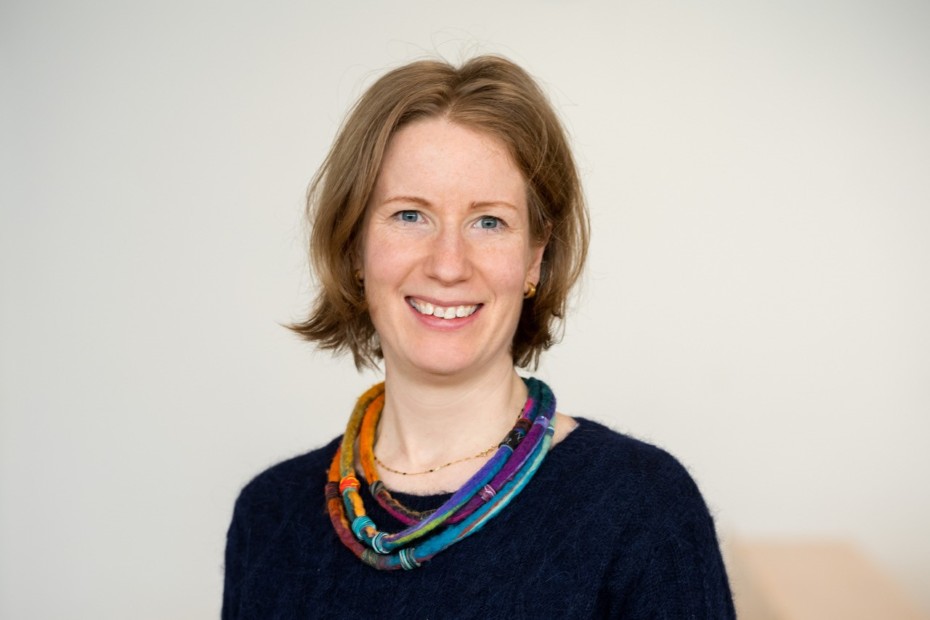
Johanna G. Nešlehová, an Associate Professor in the Department of Mathematics and Statistics, has been named Fellow of the Institute of Mathematical Statistics (IMS). Nešlehová received the award for fundamental contributions to multivariate statistics, in particular stochastic dependence modeling and extreme-value theory; for promoting the sound application of statistics in risk management; for her editorial work; and for her service to the statistical profession.
Each Fellow nominee is assessed by a committee of their peers for the award. In 2020, after reviewing 73 nominations, 35 were selected for Fellowship.
Created in 1935, the Institute of Mathematical Statistics is a member organization that fosters the development and dissemination of the theory and applications of statistics and probability. The IMS has 3,500 active members throughout the world.
Exploring the behaviour of rare phenomena
“A lot of my work is at the intersection of what is called extreme-value theory and dependence modelling,” says Nešlehová, who has been teaching at McGill since 2009. “In layman terms, I’m interested in the behaviour of rare phenomena, such as extreme floods or heatwaves, and study how their frequency and severity can be predicted from historical data. This is difficult because you may have, say, only 60 years of measurements and need to make predictions about the magnitude of events that can happen only once in 200 years on average, for example. I help develop statistical tools that allow us to extrapolate beyond the observations at hand.
“A particularly significant part of my work has been to understand, quantify, and infer relationships between random phenomena from observational data,” she says. “These interdependencies matter because it is often a particular combination of several factors that leads to extreme events.”
From a family of artists a mathematician is born
Nešlehová is a bit of an outlier in a family of artists. “My father was a painter and my mother is an art historian,” she says. “Mathematics and statistics were not really on my radar. However, I had a wonderful math teacher in high school and much to my surprise realized that I was quite good at math and liked it. I decided to give it a try and study mathematics at university, and grew to be very happy with my choice.
She credits “very inspiring professors” Marie Huskova at Charles University Prague, and Georg Neuhaus at Universität Hamburg with sparking her interest in statistics. “Through them, I began to discover the beauty of the subject and continue to ever since.”
Juggling her duties of mother and McGill professor
As with most of the world, Nešlehová is weathering the COVID-19 pandemic at home with her family.
“So far, I am grateful that my family and friends are staying in good health, and that my husband and I are blessed with stable jobs. I try to focus on the little joys of every day, on the welcome change that the rhythm of our daily lives is more sane, and that I can spend quality time with my close family,” she says.
“Of course, I do not get as much done as before the pandemic, as I need to be a mom and a McGill professor at the same time. However, I am very lucky that a lot of my creative work can be done in home office with a pen, paper and laptop, and I can keep thinking about problems even when I am not seated at my desk. Apart worrying when I’ll be able to see my family back in Europe, the one thing I would have liked is to be able to more directly contribute to the research effort to combat the pandemic.”
